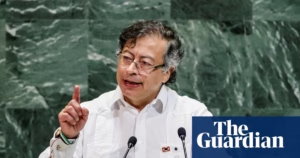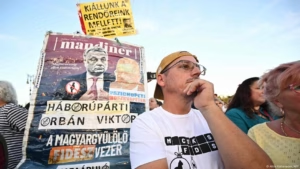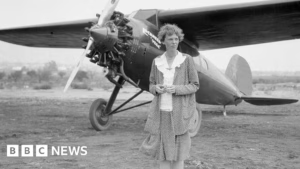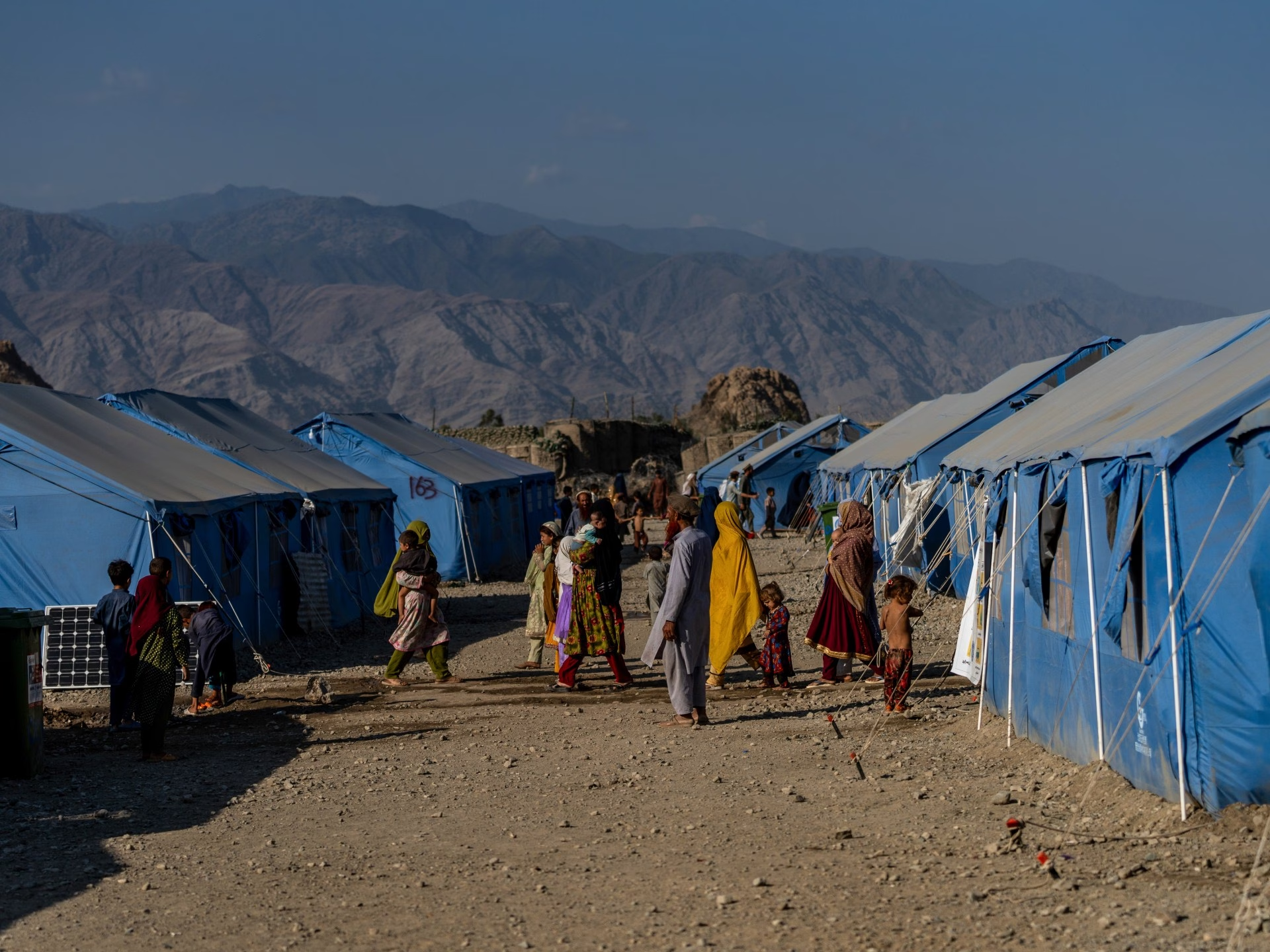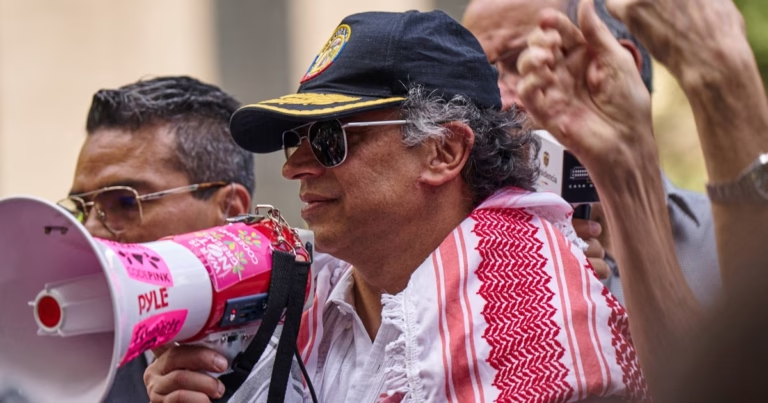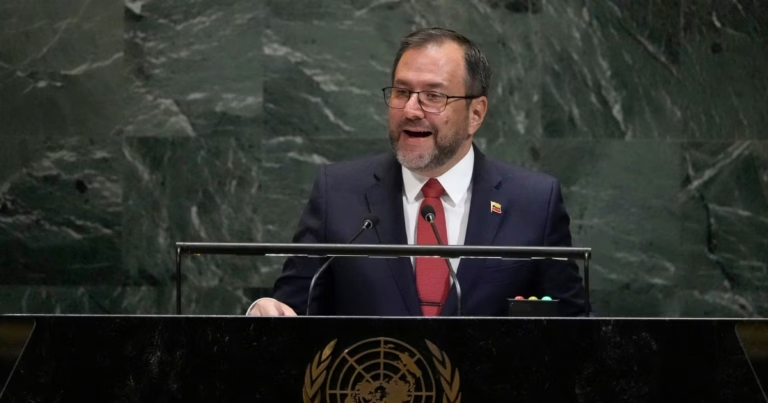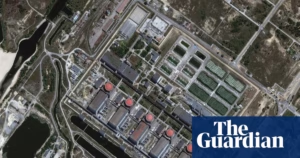Nearly half a million people in the worst-hit provinces of Kunar and Nangarhar were affected by the quake, and relief efforts continued for three weeks following the tragedy.
Recommended Stories
list of 4 items
end of list
Despite the attempts of local government and aid agencies to provide support to victims in Afghanistan, a country heavily reliant on international humanitarian assistance, women have been noticeably absent from these efforts.
In 2022, the Taliban government banned women from working in NGOs operating in the country, and a year later, they also prohibited Afghan women from working with the United Nations and other international NGOs.
Though some NGOs negotiated terms allowing female staff to continue working if accompanied by male guardians, the number of women working as aid workers in Afghanistan has significantly decreased, observers say.
This ban, they argue, has hindered the ability of aid agencies to reach women in need of support during disasters like the recent earthquake. According to the UN, more than half of the victims of the earthquake were women and girls.
Nonetheless, some women in affected areas claimed that male rescue workers did assist them, with the Taliban asserting their commitment to ensuring all victims receive aid regardless of gender.
Women Overlooked? Mixed Stories
On September 7, the World Health Organization (WHO) urged the Taliban authorities to lift their restrictions on female aid workers in the wake of the disaster.
Mukta Sharma, the WHO representative in capital Kabul, highlighted that nearly 90% of medical staff in the earthquake-affected region were men, making it challenging for women to receive necessary care for severe injuries.
A few female volunteer healthcare workers who managed to reach the affected areas confirmed the challenges in rescuing women due to cultural restrictions.
Fatema, a volunteer who shared only her first name, stated that the hesitation of many male volunteers to interact with women due to Afghanistan’s strict social code meant that “many women still remain missing due to neglect.”
According to Susan Ferguson, UN Women’s special representative in Afghanistan, the recent Herat earthquake saw a higher percentage of female victims, indicating the importance of female aid workers in overcoming cultural barriers.
However, many women interviews indicated that after the recent earthquake, they were, in fact, rescued by male aid workers.
Taliban officials also emphasized their commitment to providing adequate assistance to women by male healthcare workers if necessary.
Unhygienic Conditions
Despite this, women and girls continue to face difficulties as they battle injuries and challenging conditions in relief camps.
The absence of gender-segregated toilet facilities poses a particular problem for women due to social barriers.
Many women wait until late at night or early in the morning to use shared toilets in the camps, resulting in increased vulnerability to health issues due to unhygienic conditions.
Shortage of Female Medical Staff
The shortage of female medical personnel has further impacted the healthcare services that women could have received.
Many female medical professionals have left the country since the Taliban’s takeover, and those who remain face movement restrictions and limited opportunities for further education.
Pregnant women, in particular, are at risk in the aftermath of disasters like the recent earthquake due to cultural barriers preventing them from seeking medical attention.
Pashtana Durrani, the founder of Learn Afghanistan, a NGO that defies the Taliban’s ban on women’s education, highlighted the need for female medical workers to address the needs of pregnant women affected by the earthquake.
Some Openness
Ferguson of UN Women emphasized the importance of female humanitarians in overcoming gender barriers during crises.
Aseel NGO spokesperson Ruhila Mateen stressed the need to provide necessary professionals and infrastructure to effectively deliver life-saving assistance to women.
Durrani of Learn Afghanistan noted a growing acceptance of aid workers assisting women, despite the conservative nature of the communities.
(Additional reporting by Sorin Furcoi from Kunar and Nangarhar provinces, Afghanistan)
